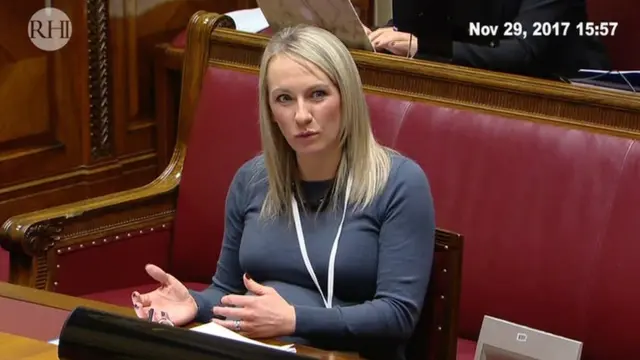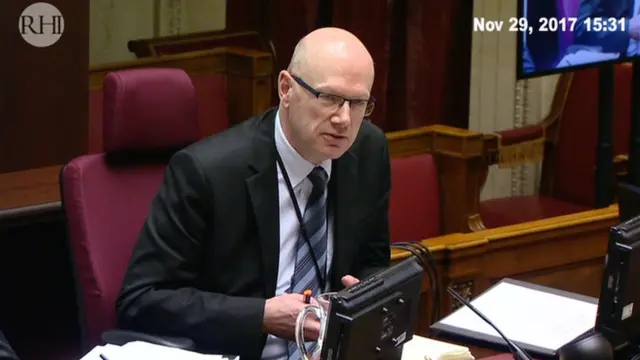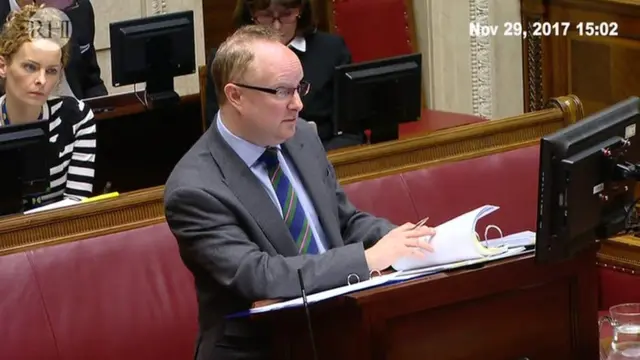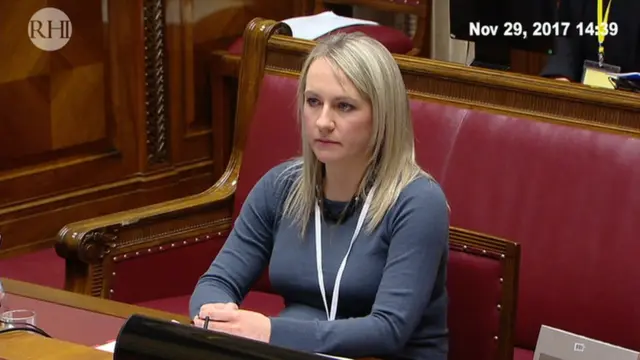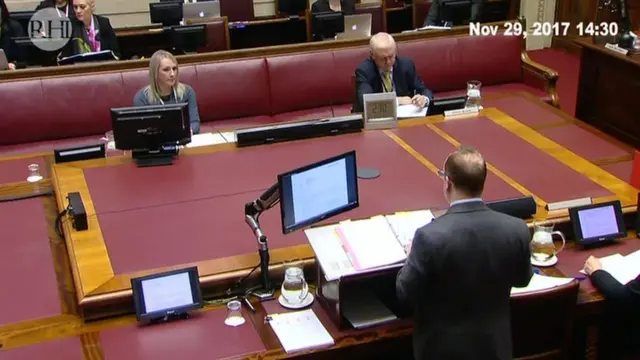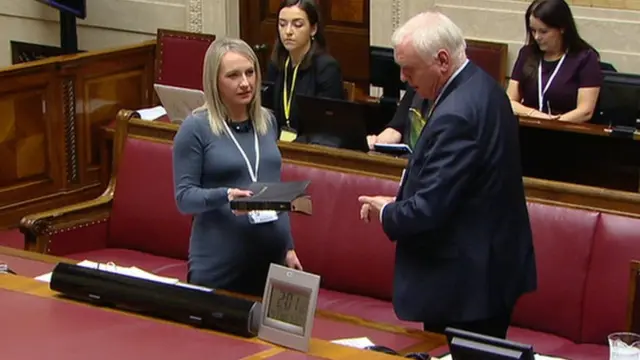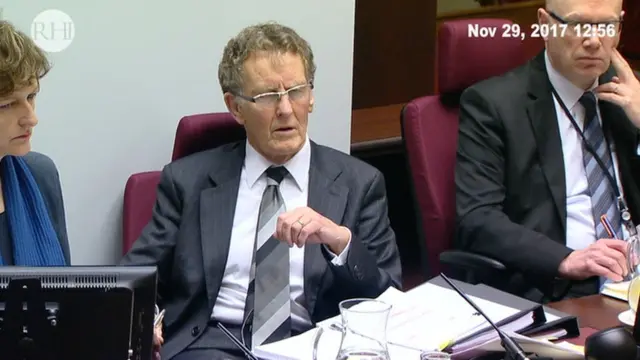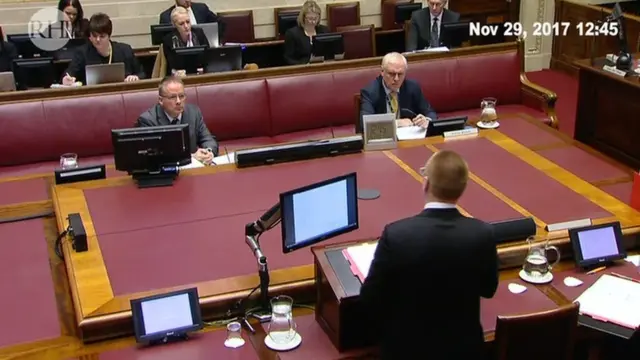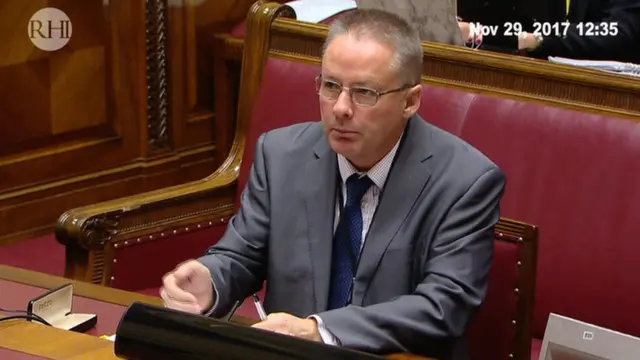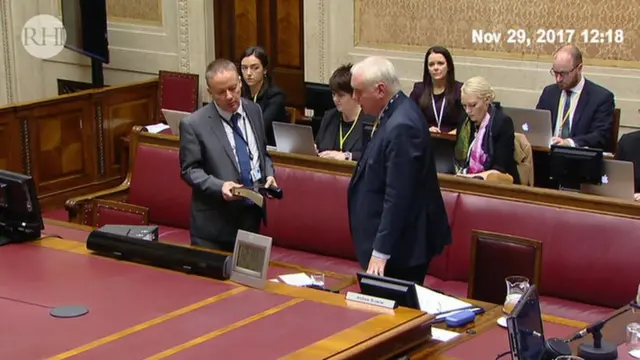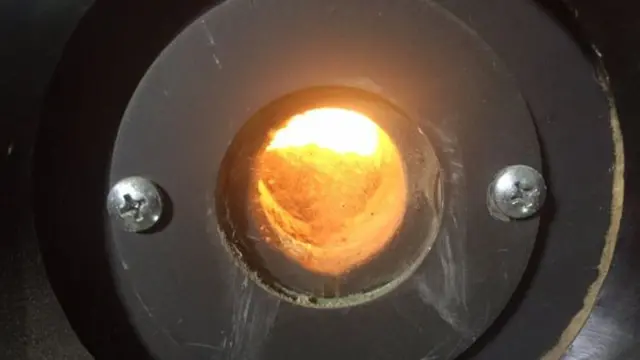'This is taking longer than expected...'published at 17:00 GMT 29 November 2017
We've run over time yet again, and Mr Brennan will have to return another day after his brief stint this afternoon went unfinished.
"As is becoming rather clear, this takes a bit longer than everybody anticipated," Sir Patrick comments wearily.

Everyone heads for the car park, ready to return tomorrow for a session with CEPA, the consultancy that prepared an economic appraisal in 2011 - join us at 10:30 GMT.
Have a great evening.

